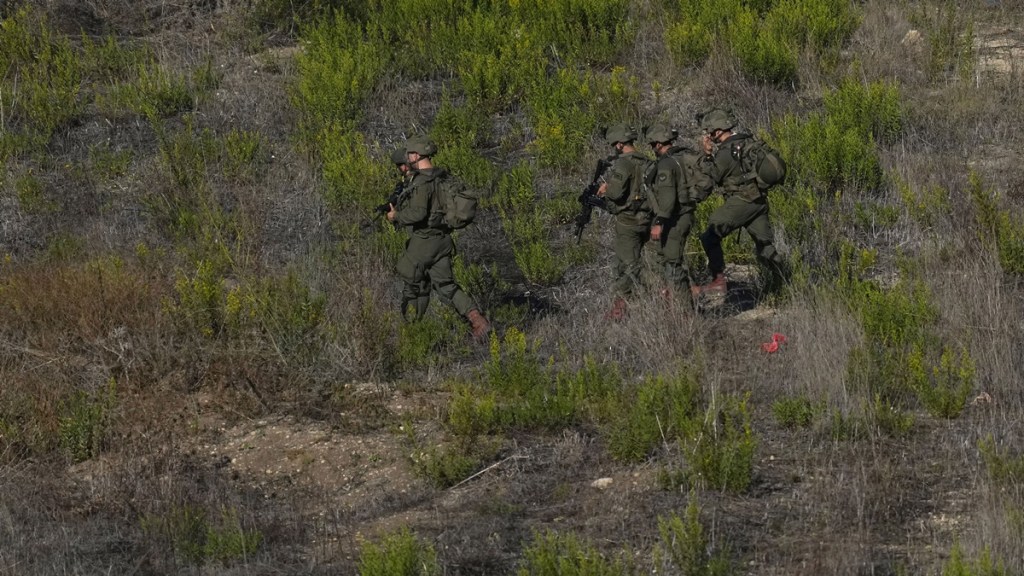By Dr Sreshtha Chakraborty
The death toll in Israel and Gaza is mounting into the hundreds amid fears that the event could trigger a broader regional conflict. And the figures for the death toll are likely to rise. The declaration of War by Israeli Prime Minister Netanyahu against the densely populated Palestinian area controlled by Hamas indicates immense destruction and killing of innocent lives. Hamas’ attack was a shocking surprise for the Israeli government and its defense and intelligence portfolios. How could Israel’s billion-dollar high-tech border walls fail to withstand Hamas’ unsophisticated weapons like cheap drones, bulldozers, bombs, motorcycles, and golf carts? Little confusion remains that Israel’s intelligence had little information of the havoc despite the claim of the chairman of the powerful US House Foreign Affairs Committee that Israel received a warning from Egypt of the potential violence three days before Hamas caught Israelis in a large-scale attack.
However, no official commentary has confirmed this from Cairo. Hamas’ ability to remain undetected with such robust surveillance and heavily guarded Gaza strip represents the most significant intelligence failure in the history of Israel but pursuing a military confrontation for an extended period will deteriorate the problems at home and internationally for Israel.
The unwavering support from American President Joe Biden ensures support with only military security supplies. But what is also important is to address what has helped Hamas succeed. And even if Israel manages massive Revenge and damages, will it ensure that Hamas will be deterred and destroyed by force? Israel’s domestic politics is also in a very brittle state. Israeli citizens are powerfully demonstrating against various internal matters, especially the government’s effort to minimize the judiciary’s powers. On the external front, Hamas’s surprise attack will severely challenge Netanyahu’s Prime Ministerial position. This leads to the speculation that Israel’s intelligence failure might have some correlation with the instability of Israel’s domestic politics. It could be one of the reasons why Hamas could carry out such a well-planned operation by eroding Israel’s Giant Hi-Tech Intelligence. The unsophisticated machinery that Hamas used is also an indirect reminder that Israel needs to rethink its extreme reliance on technology. For years, Netanyahu’s strategy towards Palestinian territory was to divide powers between the Gaza Strip and West Bank.
In its bid to restrict the Palestinian Authority’s West Bank government, the Israeli government held indirect negotiations with Hamas. To keep a check on Palestinian Authority President Mahmoud Abbas from advancing toward the establishment of a Palestinian state, Netanyahu’s government vetted specific appeasing policies for Hamas in Gaza, which included 20,000 work permits for Gazan Labourers in January 2023 after Netanyahu returned to power. Bolstered by these policies, Hamas grew more assertive and finally inflicted terror on the civilian population of Israel. So, when Netanyahu finally declared war, his response now is seen as a “global war on terror”, positioning Hamas alongside groups such as al-Qaeda and Daesh to cultivate global support for his actions. But it is also imperative to understand that Hamas enjoys foreign patronage from not only Iran but from regional strong players like Turkey and Qatar. In fact, many Hamas leaders reside in Doha and not Gaza. Both a desire for violent redistribution and an Israeli willingness to Revenge are understandable. It is also vital to condone the attack on Israeli citizens. But indiscriminate bombing, firing on children, destroying homes, and material destruction is the opposite of justice and nothing but commitment to similar violence. And Revenge is not security. It is also time for Israel to rethink what can serve its interest with a newer approach and revamp its strategies toward the Palestinian question. As the Israeli response to Hamas will be reshaping the politics of the region it is also important for others to formulate a better policy to maintain calm in the region.
The author holds PhD in International Studies from Jawaharlal Nehru University and works as an Assistant Professor at Amity University, Noida.
Disclaimer: Views expressed are personal and do not reflect the official position or policy of Financial Express Online. Reproducing this content without permission is prohibited.
